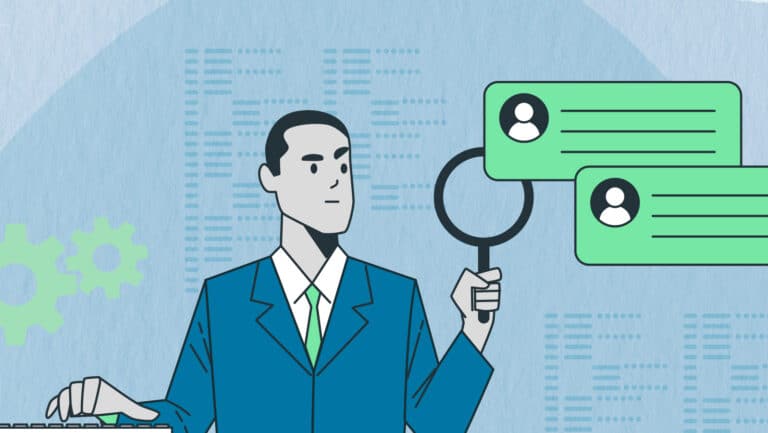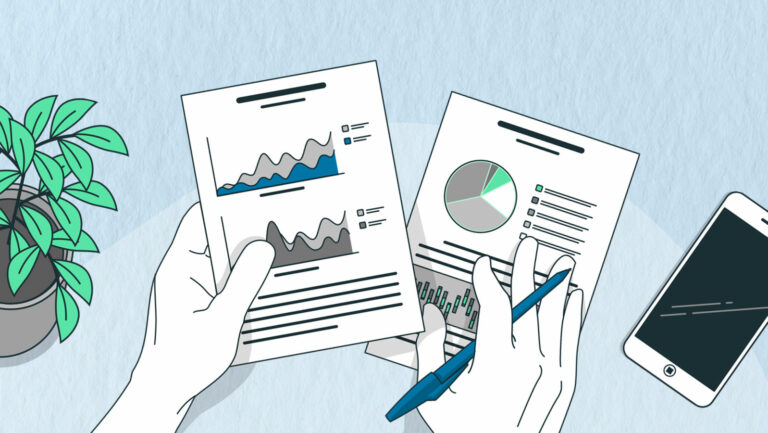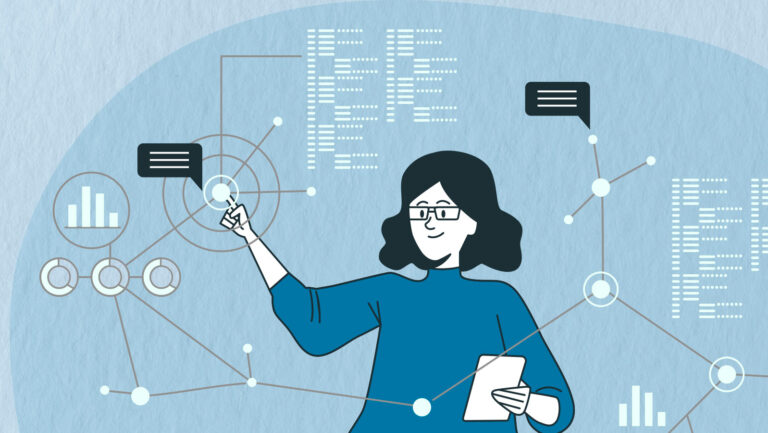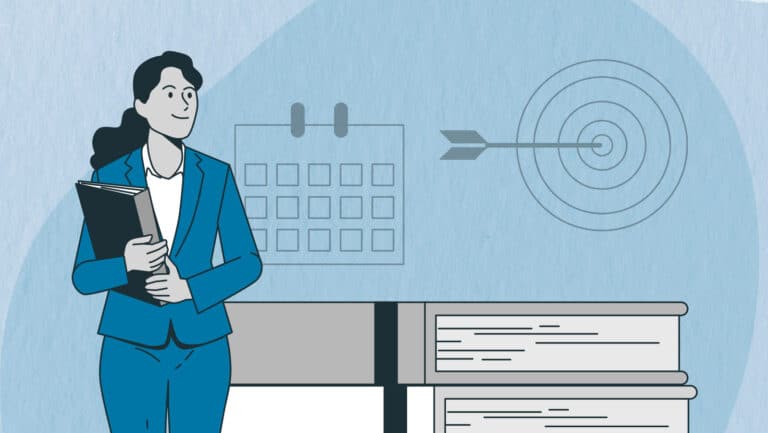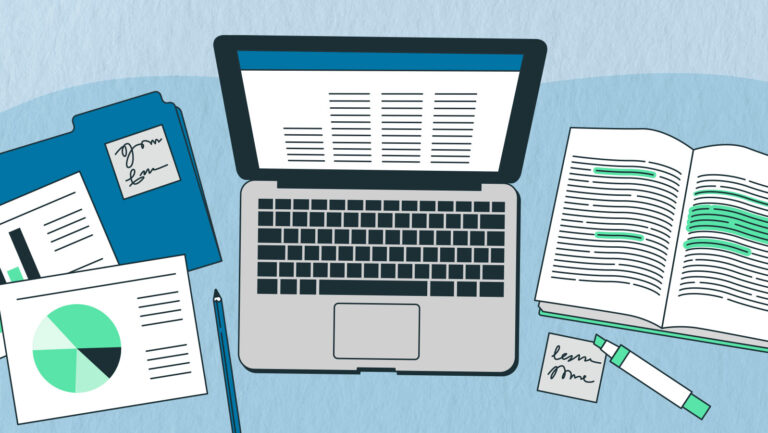RESOURCES ⇢ B2G
4 Words That Saved a Must-Win Recompete Contract
Winning or losing a recompete can often come down to one conversation. Does your team understand how to protect your recompetes?
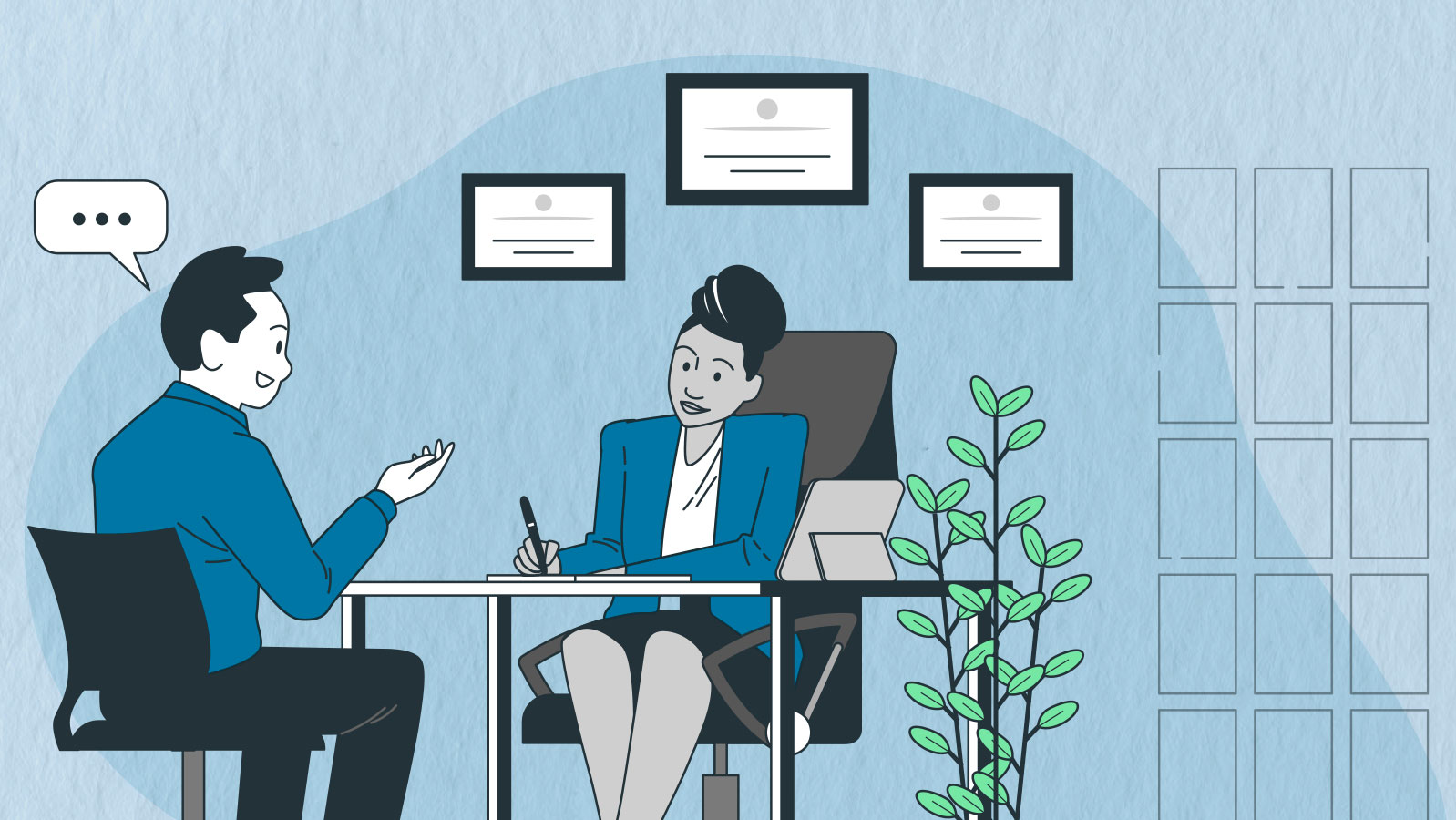
Right now, a must-win recompete is slipping away and you’ll be the last to know.
Not because of performance, pricing, or competition.
But something that has lost more recompetes than all these factors combined.
This silent growth killer lies beneath every surface-level discussion, costing you the customer intelligence needed to win—but by the time you recognize it, it’s often too late.
Many professionals, including engineers, SMEs, PMs, and Contracts personnel, struggle to effectively engage customers beyond routine conversations.
THE ENGINEER WHO ALMOST LOST IT ALL
Eric was a brilliant engineer. Years of program execution had earned him his customers’ trust.
But when his PM asked him to help win the recompete, he worried about how this would damage his credibility.
“That’s BD’s job,” he thought, “I don’t sell.”
In customer meetings, his mind often raced thinking what he will say next.
This meeting was no different. As the customer spoke, he wondered, “How could I change the topic without sounding awkward?”
Then came the perfect opening. The customer mentioned modernizing their infrastructure. Without thinking twice, Eric passionately covered several innovation ideas for how the team could support a modernization effort.
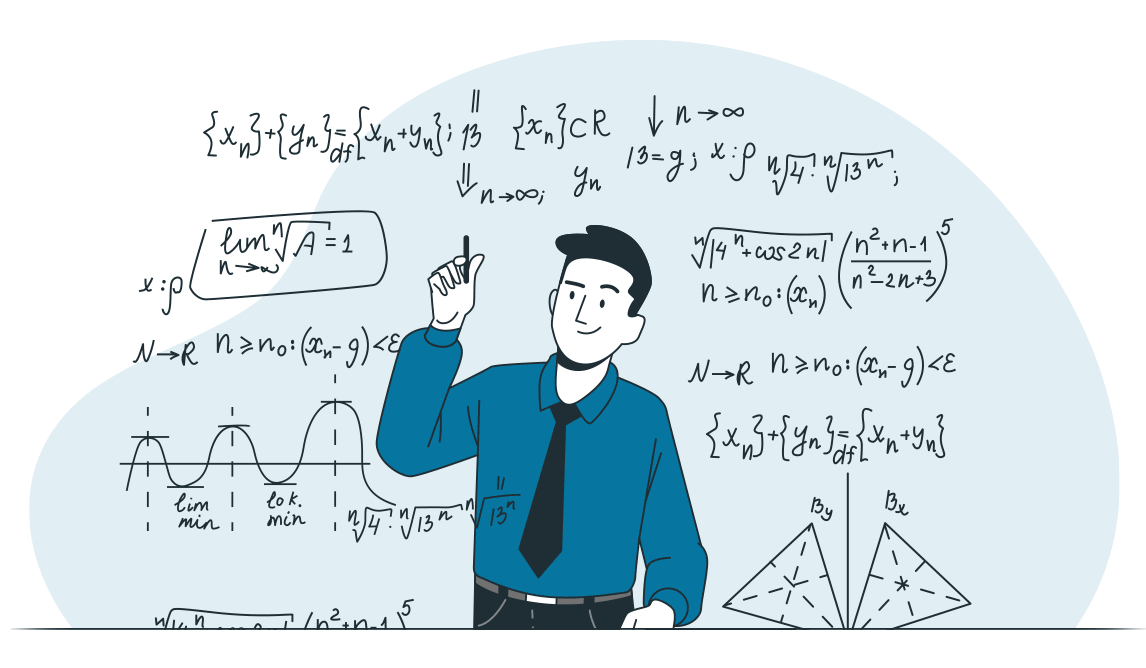
When recapping this ‘excellent’ meeting, Eric’s PM asked, “Why did the customer say they needed to modernize?”
Eric suddenly felt anxious—he hadn’t thought to ask.
The PM continued, “You probably gave a great capability briefing, Eric, but without knowing what they need, you might have done us more harm than good.”
Eric was stunned.
He thought he’d done everything right, but obviously, he hadn’t.
To help, the PM recommended that Eric attend a customer engagement training program. He reluctantly agreed, but the Masterclass he attended changed everything.
Eric learned that successful customer engagement wasn’t a result of technical know-how, capabilities, personality, or even luck.
Success came from truly focusing on the customer.

As an Engineer, many times you focus only on the technical aspect of a call, but this training helps you develop skills around the emotional focus on customer engagement. It has really helped me have a different perspective for my customer calls, in order to improve my relationships.”
In role-play exercises, Eric quickly realized he had a tendency to solve the customer’s problems prematurely, missing out on the true drivers beneath the surface.
His confidence increased. He now knew how to gather intel to create the best solution possible, and had a repeatable engagement method that took the mystery out of connecting with customers.
But more importantly, it shifted his mindset:
Engaging customers in discussion beyond project tasks wasn’t “selling”—it was caring enough to spend the time required to understand their needs and ensure they got the best solution possible to ensure mission success.
Teams that excel at customer engagement are 80% more likely to win competitive bids.
SOURCE: 2023 Deltek Clarity Report
THE 4-WORD BREAKTHROUGH
Eric’s big breakthrough came in his next customer conversation.
When they mentioned hardware frustrations again, Eric was ready, and instead of launching into a capability monologue, he asked:
“Why are you frustrated?”
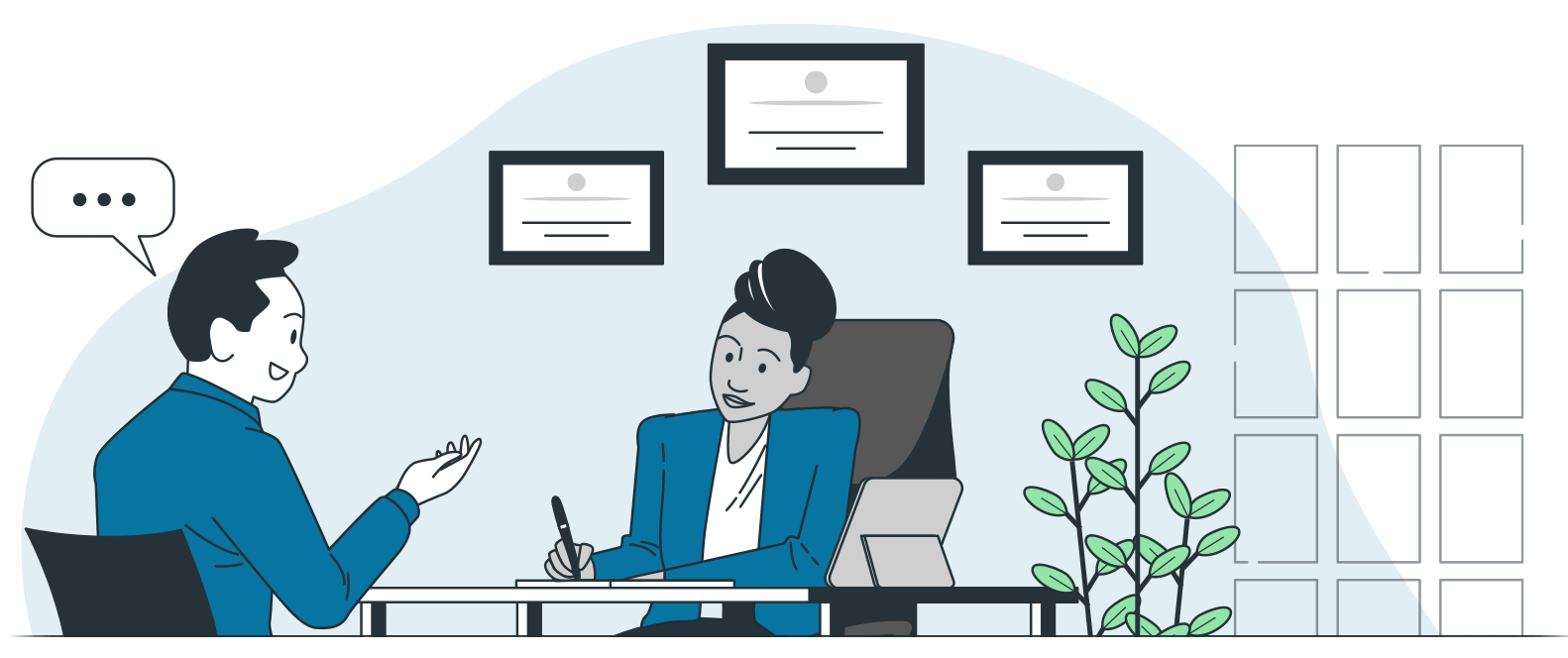
Those four words changed everything.
The customer opened up, sharing consolidation plans and other emerging operational changes that would strain their network hardware.
Eric resisted the urge to talk; instead, he listened and asked follow-up questions.
Soon, Eric realized how little he understood about their emerging needs and how badly his premature solution missed the mark.
THE RESULTS
When the RFP dropped, it was clear that the modernization plan Eric and the customer had discussed was their preferred solution.
They won the contract, and during the debrief, the customer simply said:
“No one understood our needs like your team.”
This lesson taught Eric that real engagement wasn’t about being the smartest person in the room or having the quickest solution.

It was more about human connection, listening, and caring more about the customer’s success than his own—and the team knew they would win long before announcement day!
WHY SMES HOLD BACK

When program managers, engineers, and subject matter experts don’t engage customers beyond project discussions, it’s often fear.
Fear of damaging professional reputations, being seen as pushy, and rejection.

When program managers, engineers, and subject matter experts don’t engage customers beyond project discussions, it’s often fear.
Fear of damaging professional reputations, being seen as pushy, and rejection.
THE COST OF FEARING ENGAGEMENT
Fear of customer engagement from those closest to the customer leads to:
- Vague, unreliable, or assumptions about customer needs
- Poor understanding of changes to procurement strategies and requirements
- No vetting of potential solutions or shaping customer thinking
Limited customer intelligence leaves your capture and proposal teams blind.
Relying on assumptions instead of validated customer intelligence limits solution options and teaming partner decisions.
The result?
Misaligned proposals, missed opportunities, lost recompetes, and millions in missed revenue.
THE SOLUTION: OVERCOMING THE FEAR
Masterclass transformed how Eric approached customer engagement. Once he understood that gathering client intelligence was simply part of understanding and meeting customer expectations, he was more confident to:
- Strengthen customer trust by showing genuine care
- Ask questions that uncover real requirements without feeling like a salesperson
- Listen more intently about their needs
- Protect—and even enhance—his technical reputation by communicating differently
This training isn’t about turning SMEs into salespeople.
It’s about giving them the tools and confidence to engage in ‘growth’ focused conversations that enhance professional relationships and deliver customer value.

When teams learn how to engage without feeling like they are selling, resistance fades, and they see growth as an opportunity to impact the success of the customer’s mission.
The result?
Confident, authentic, customer-focused meetings that gather the type of customer intelligence needed to win and that your competition just can’t get.
REAL RESULTS
Addressing this “silent growth killer” immediately improves customer relationships and intelligence. Improved intelligence reduces assumptions and makes your capture process more effective—resulting in better qualification, solutioning, and teaming decisions.
When SMEs like Eric improve their engagement skills and mindset, their confidence improves, as does their ability to positively impact organic growth with the customer driving (asking for help), opening the potential to add millions in new opportunities to your pipeline.

“I was a bit blindsided by Masterclass—in the best way possible. As a highly technical person, it put me out of my comfort zone and made me reevaluate all my relationships and interactions not just with external customers, but coworkers and personal as well.
You are guaranteed in the end to see things in a new light.”
Every conversation becomes an opportunity to ask more questions and gather additional intel. SMEs become receivers rather than givers of customer intelligence, program managers shape solutions around client priorities, and even contract personnel learn to leverage their customer relationships.
Companies that prioritize customer relationships and involve subject matter experts in BD engagements have a 63% higher win rate! ¹
And 82% of government decision-makers say strong relationships are a key factor in awarding contracts,² yet only 28% provide formal training in areas like relationship building, emotional intelligence, and customer-centric selling.³
If you want to meet your growth targets, you need to give your team the skills and confidence they need to go beyond capability briefings.
¹ Professional Services Council Survey | ² Salesforce: State of Sales | ³ APMP Benchmarking Study
TAKE ACTION
Don’t let your team’s fear of engagement hold your growth back. Use Hi-Q Group to give them the tools (advanced people skills) to confidently engage customers.
80% is the win rate on recompetes for top performing teams. How does your team compare?
SOURCE: 2023 Deltek Clarity Report
Like Eric, they can learn a customer-focused engagement method that helps them build relationships, win recompetes, and uncover opportunities that drive growth— without compromising their values or relationships.
Are you ready to unlock your team’s full potential? Let’s chat.
summary
Program managers, engineers, and subject matter experts are hired for their technical expertise, but avoid engaging customers beyond project discussions.
These frontline roles are critical to organic growth, but they fail to realize their role in gathering intel and are often fearful they will be seen as “pushy.”
Fear of this customer engagement leads to:
- Vague, unreliable, or assumptions about customer needs
- Poor understanding of changes to procurement strategies and requirements
- No vetting of potential solutions or shaping customer thinking
The result: Misaligned proposals, missed opportunities, lost recompetes, and millions in missed revenue.
TAKE ACTION:
You’ve seen the symptoms of poor customer engagement and the missed opportunities. Now, it’s time to get serious about transforming your customer relationships.
Don’t let your team’s fear of engagement limit your growth. Give them the skills and confidence they need to go beyond timelines and capability briefings.
Or schedule a confidential 30-minute consultation with our growth specialist to discover if Hi-Q Group can help your team.
learn more:

The course provided a different perspective on business development, one more focused on personal connection and problem solving, less on transaction and solution-positioning. Their approach was much more natural for my personality, and it gives me a new set of skills to pursue growth for my company.
FREQUENTLY ASKED QUESTIONS
what does recompete mean in government contracting?
recompete means reopening an existing contract for new bids at the end of its term, allowing incumbent contractors and new entrants to compete. This ensures the government agency gets the best value for federal investments, promoting fairness in the competitive marketplace. It involves a procurement process where the contract vehicle is evaluated anew, often triggered by expiration or performance reviews, to foster long-term partnerships.
what is the recompete process?
The recompete process is the structured method a government agency uses to rebid recompete contracts, starting with issuing a request for proposal or notice of funding opportunity through the contracting activity.
Hi-Q Group advises clients to begin recompete preparations early, including market research to understand budgets and evaluation criteria. The bidding process includes proposal submission, review of past performance and contract performance by the contracting officer as the key decision maker, and contract award. This bidding process emphasizes competitive bidding, where incumbent contractors leverage their recompete plan for contract growth, while a program manager oversees business operations throughout the contract lifecycle.
can a government contract be extended after expiration?
Yes, a government contract can be extended after expiration through options like bridge contracts or sole-source awards if justified by urgent needs or lack of competition, as Hi-Q Group has seen with government clients. However, extensions are limited to avoid undermining recompetes, and the contracting officer must document reasons, such as delays in contract recompetes or maintaining continuity for stakeholders. This preserves stakeholder relationships but doesn’t replace the full recompete plan for recompete contracts.
what is a federal cost-reimbursement contract?
A federal cost-reimbursement contract is an agreement where the government reimburses the contractor for allowable costs incurred, plus a fee, ideal for projects with uncertain scopes like research or development. These contracts shift risk to the government, encouraging flexibility but requiring strict oversight of budgets and evaluation criteria during the contract award. Unlike fixed-price types, they promote innovation for government clients but demand detailed reporting to the program manager.
can the incumbent contractor bid on the contract again?
Yes, the incumbent contractors can bid on the contract again during recompetes, as this levels the playing field in the competitive marketplace. It’s recommended to view past performance to strengthen proposals, allowing the contractor to highlight contract performance and build on existing long-term partnerships.
what are the advantages of winning a contract recompete?
Winning a contract recompete offers advantages like continuity in business operations, retained revenue, and strengthened stakeholder relationships. It leverages past performance to demonstrate value, reducing transition risks for the government agency and enabling contract growth through expanded services. Additionally, it positions your firm as reliable in the competitive bidding for future recompete contracts, securing stakeholders’ trust and avoiding disruptions from new entrants.

